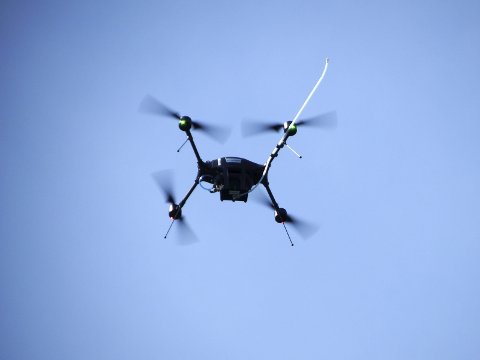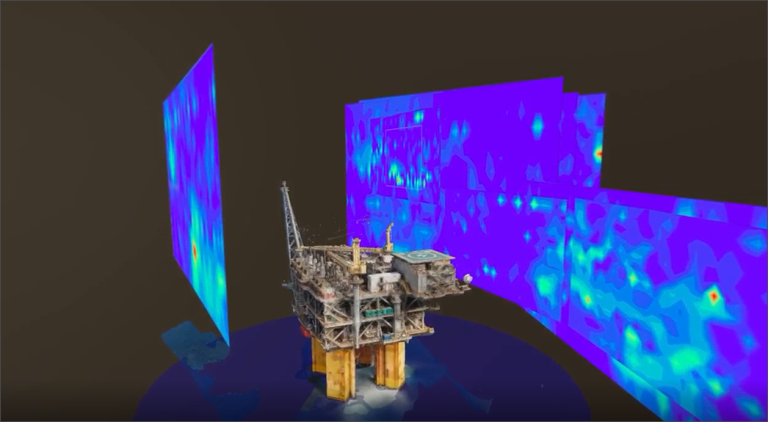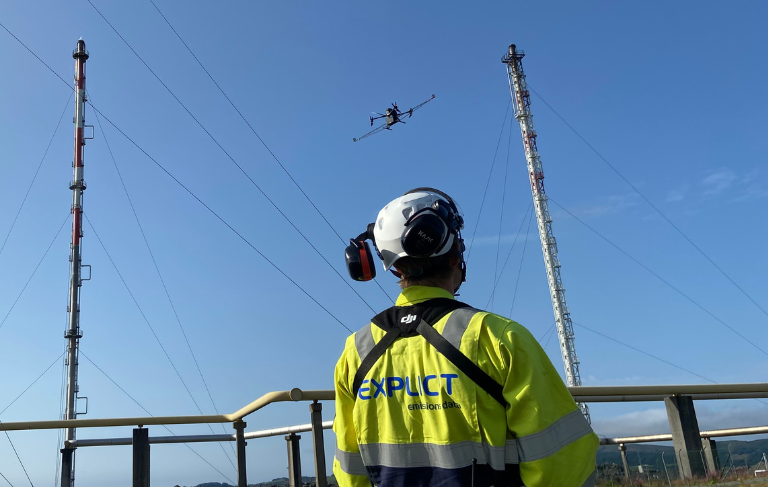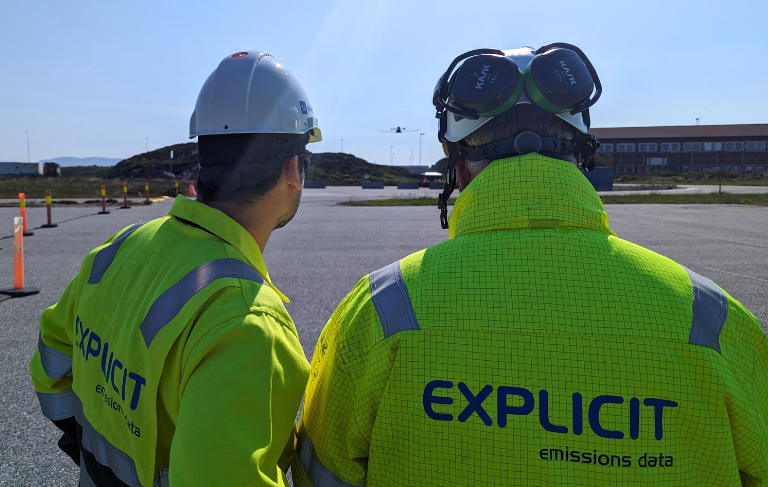When discussing methane emissions monitoring, the focus is often on gas concentration: how much methane is emitted and from where. But if you want accurate, actionable measurements, another factor deserves just as much attention: wind.
At Explicit, we specialize in accurate emissions quantification, and one thing is clear: understanding wind dynamics is just as crucial as measuring the gas itself.
Here’s why.
Wind is a multiplier in the flux formula
To quantify fugitive methane emissions, we rely on a fundamental equation where wind speed is a key factor just like gas concentration. If either is inaccurate, the final flux estimate will be wrong.
That means wind isn’t just a background variable, it directly impacts the final emissions data. If the wind component is inaccurate, your result will be off.
Yet, many current methodologies downplay or entirely overlook this aspect. Measuring wind at micro-atmospheric precision is difficult and because of that, some take shortcuts. Instead of real data, models rely on ‘black-box’ estimations or overly simplistic assumptions, such as symmetrical Gaussian plume dispersion models.
The result? Measurements that lack both accuracy and credibility.
Structures and environments distort wind – and your results
Another major challenge is that wind doesn’t behave uniformly. Like you seek shelter behind a building in a storm, methane emissions also interact with their surroundings. Wind speeds drop and turbulence forms behind large structures, affecting how gas disperses.
This is particularly critical for offshore surveys. Measuring wind in free air – where flow is mostly laminar – is completely different from measuring it behind a massive platform. The difference in flow rates can be staggering, leading to significant under- or overestimations of emissions.
Advancing wind measurement for true accuracy
At Explicit, we recognise that wind data must be just as precise as gas concentration data to produce truly reliable and actionable emissions data. That’s why we’ve dedicated our expertise to solving this challenge, by developing technology capable of accurately measuring wind dynamics from a flying drone, without interference from the drone itself.
This is the essence of Explicit’s Drone Flux Measurement (DFM) method.
By tracking wind with the same granularity as gas, we remove the guesswork – delivering results that operators, regulators, and industry leaders can trust.
Because when it comes to methane emissions monitoring, it’s not just about the gas. It’s about the wind, too.




